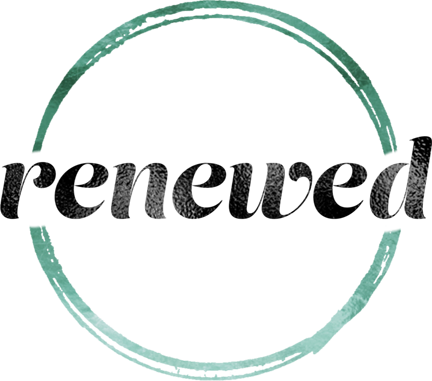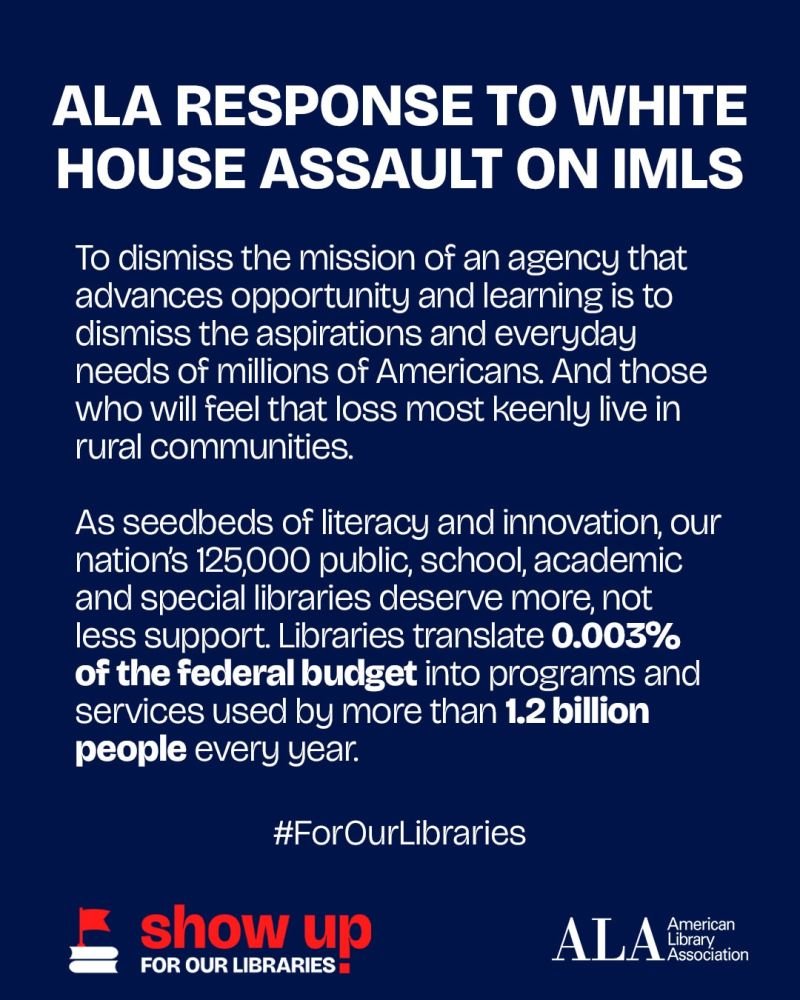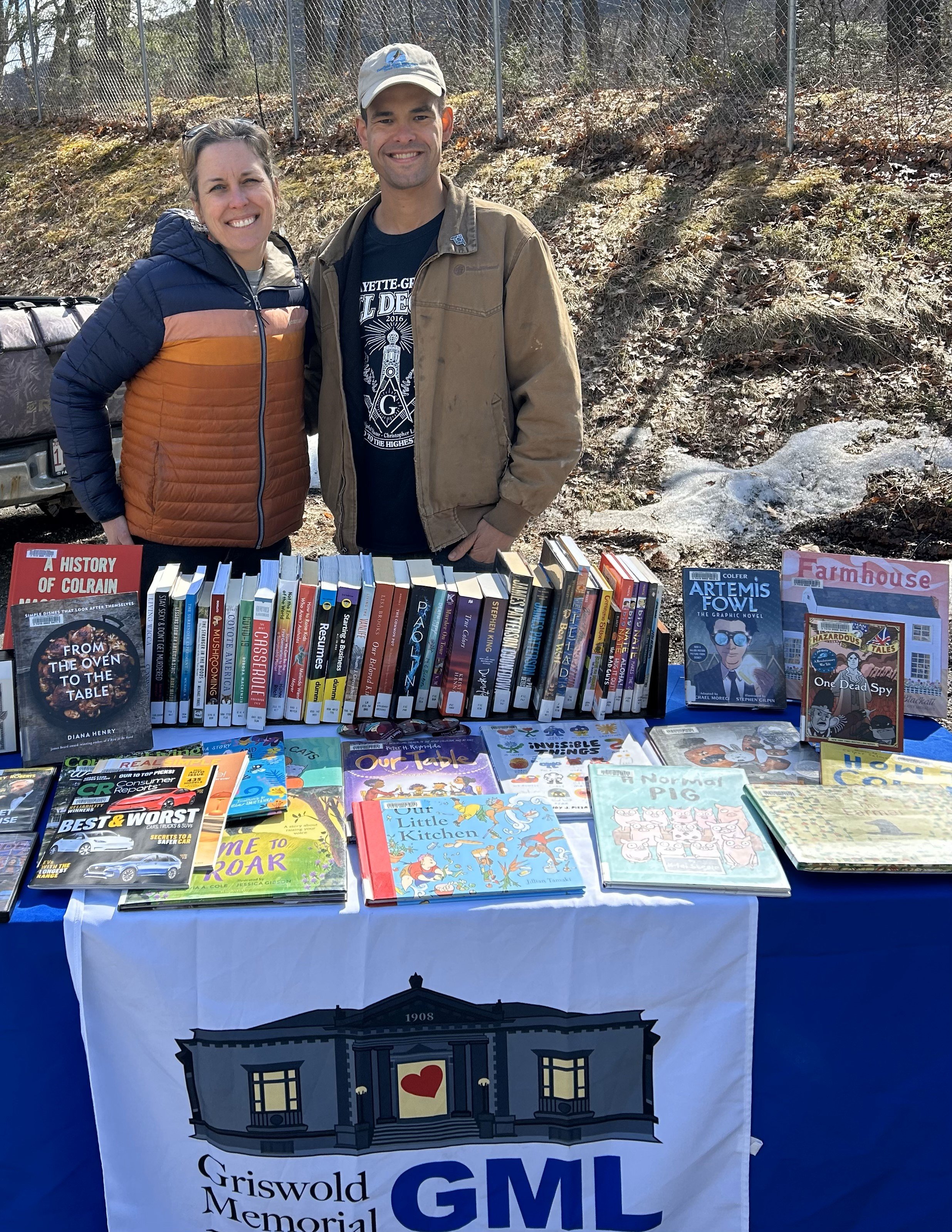Libraries exist and operate within systems, from local bureaucracies such as our boards and town councils on up to really broad social constructs like capitalism, itself, that demand accountability and in turn calculability. I write about this more extensively in a paper called, “Libraries as Bureaucracies: a SWOT analysis” (2018). And here is a sweet summary of all that I am getting at here, from a paper that I have now under review. (Is there anything wrong with doing that? I don’t know.)
As a strength, calculability enables public libraries to manage resources, plan for the future, and demonstrate accountability to stakeholders, while an emphasis on calculability also saddles public libraries with the burden of demonstrating value. Calculability is both a defining characteristic of bureaucracies/McDonaldization, and an external force effected by capitalism. It may seem that the best that public libraries might do, in response to this reality, is to comply and keep pace through responsible stewardship, planning, and reporting. Certainly, we’ve done a pretty good job in this respect, and a shift towards outcomes and impact measurement has helped to redirect the way we demonstrate value from quantifiable inputs and outputs towards qualitative stories about the ways libraries change lives and build communities. As Joe Matthews mused in 2010, “Perhaps we should consider a Return on Imagination, a Return on Innovation, a Return on Ideas, a Return on Improvement, a Return on Inquisitiveness, a Return on . . . [?]” (p. 12).
Jordan-Makely, 2019, n.p.
You see, I again end up referencing J. R. Matthews in the above! Besides Matthews and Ritzer, the other worm in this messy can of worms (yeah, that is not the best metaphor, but I don’t want to mix, and truly, this is where this idea of valuation gets really deep and radical, anyway!) is with David Graeber. I got into Graeber through my research into bureaucracy, but he is better known for his bestselling book Debt: The First 5,000 Years, or because he is a sort of celebrity anthropologist, and some of his ideas helped to shape the Occupy Wall Street movement. He published an article in the New York Review just this week titled, “Against Economics.” Somewhere along the lines in my research, I came across one of Graeber’s (relatively) older books, Toward an Anthropological Theory of Value. I’m nowhere near able to process this theory yet, especially insofar as it is relevant to public libraries, only that from an anthropological view the question is something like, how are values created and shared, and how to they shape our reality? Graeber is a joy to read, he unpacks grand theory from the social sciences in a manner that is accessible and even funny. A lot of this relates to critical librarianship as much as to valuation; for example, a short section on “marketless societies” discusses fetishism, or “people failing to recognize the degree to which they themselves are producing value—and for exploitation"—a means by which some people appropriate the surplus value generated by others?” (Graeber, 2001, p. 69).
Of course, anthropologists principle method of evaluation is ethnography, so alongside the theory are various examples of value creation and exchange in different cultures, including gift economies. This is where this little post comes full circle back to how we measure value in public libraries, because I think there is a need for more ethnographic research and story telling, as a means of both evaluation and advocacy, i.e., communicating value. The 2018 book Palaces for the People: How social infrastructure can help fight inequality, polarization, and the civic life, by Erik Klinenberg, serves as an example, especially as it received a lot of media attention, such as this review in the New York Times.
It’s not just ethnographies, interviews with library patrons could also yield really compelling stories as to how libraries help people to connect, and likewise seem like a really under-utilized research method, within the field of library science. Here I wade into personal opinion/experience. Working in roughly ten libraries in ten years, though, I can’t think of any instances where one-on-one interviews were used to collect data about user experience or outcomes or impact. But, whereas focus groups are difficult to conduct and often costly, and surveys run into the troubles of leading questions, and the inevitability of everyone responding “More books!” (joking, sort of), personal interviews allow opportunities to explore experiences in-depth. I may venture they also provide an opportunity for relationship building.
I think that like using standardized surveys, there is a space to create ethnographic research and interview toolkits for library administrators to gather anecdotal evidence as to libraries’ value. I never expect that this would replace more traditional measures. However, I do think that we have a ways to go before librarians are adept at collecting outcomes and impact stories, and in turn using this information to guide decisions at the library, and to win friends and influence stakeholders in the communities we serve.
Resources
Connaway, L. S. and Powell, R. R. 2010. Basic research methods for librarians. 5th ed. Santa Barbara, California: Libraries Unlimited.
Graeber, D. 2001. Toward an anthropological theory of value. New York: palgrave.
Jordan-Makely, C. 2019. Bigger than an elephant: Bureaucracy in, of, and all around public libraries. (Under review.)
Jordan-Makely, C. 2018. Libraries as bureaucracies: a SWOT analysis. Library Management, 40 (3): 294-304.
Klinenberg, E. 2018. Palaces for the people: How social infrastructure can help fight inequality, polarization, and the decline of civic life. New York: Broadway Books.
Matthews, J. R. 2018. The challenges of goodness and value. Public Library Quarterly, 37 (3): 229-232.
Matthews, J. R. 2007. The evaluation and measurement of library services. Westport, Connecticut: Libraries Unlimited.
Matthews, J.R. 2010. What’s the Return on ROI? The Benefits and challenges of calculating your library’s return on investment. Library Leadership and Management, 25 (1): 1-14.
Ritzer, G. 2004. The McDonaldization of society: Revised new century edition. Thousand Oaks, CA: Pine Forge Press.






